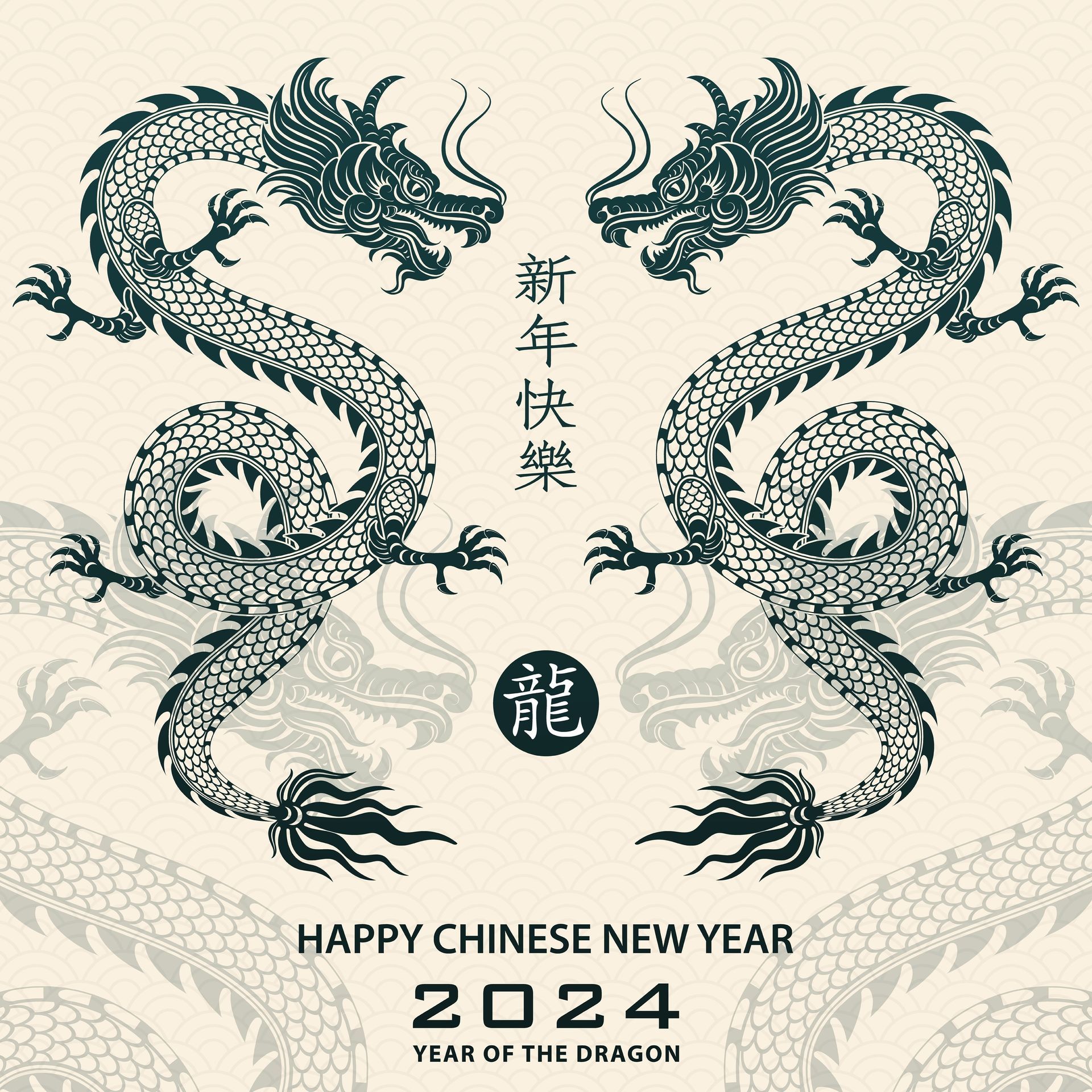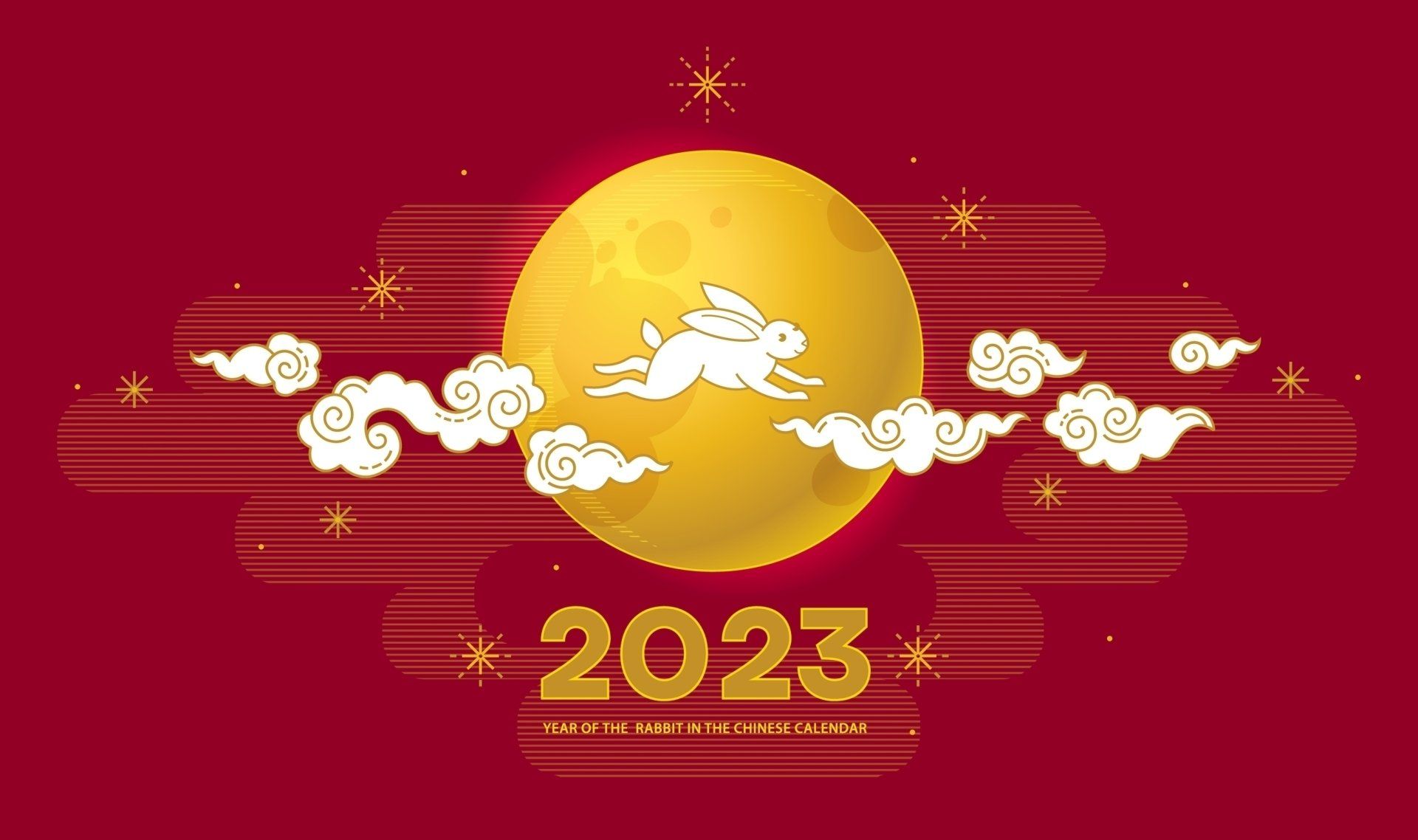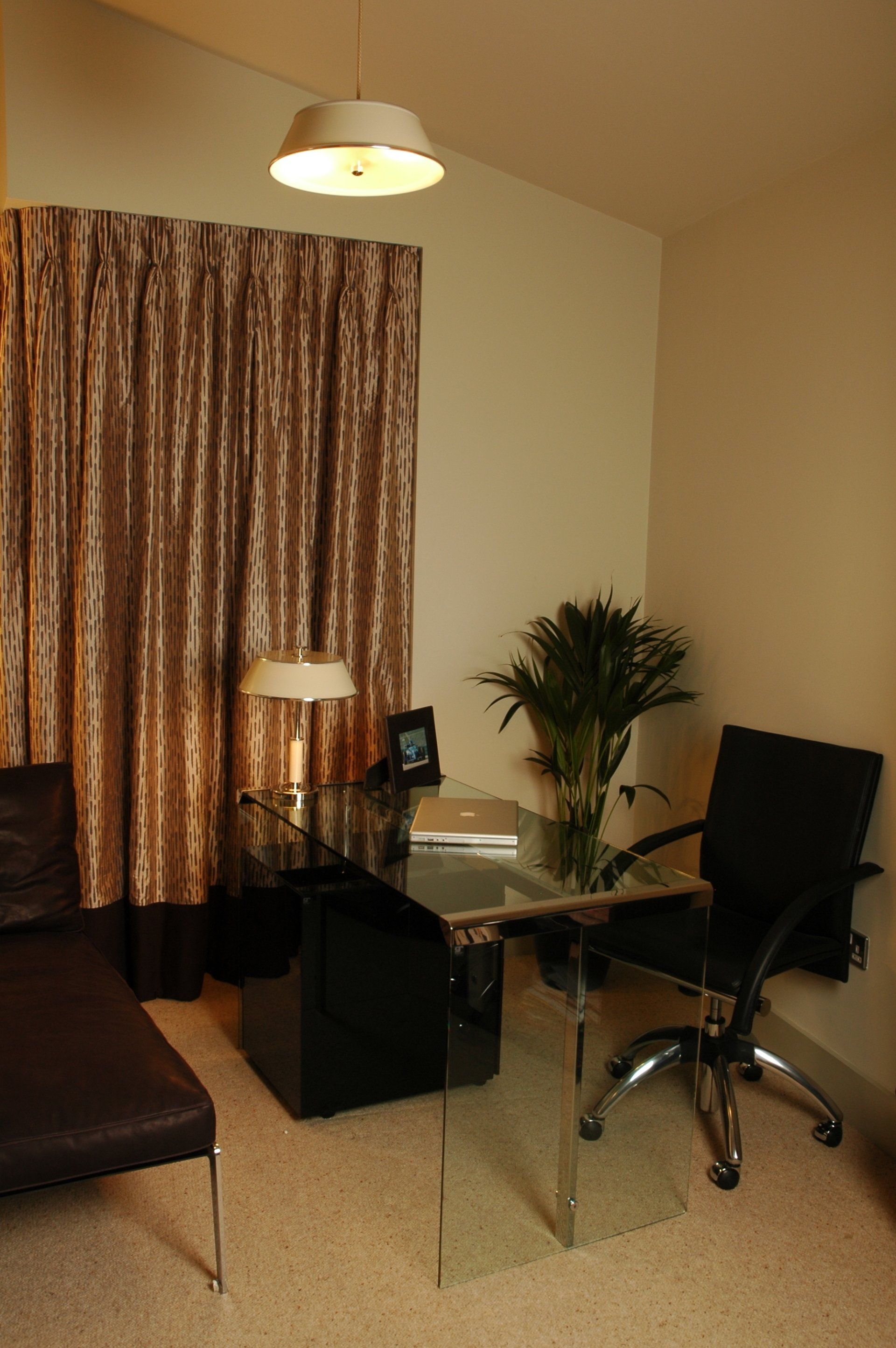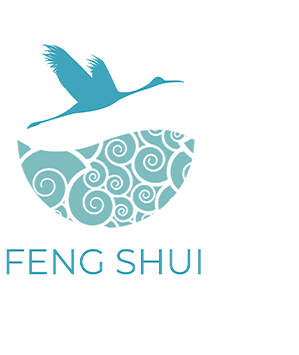UK Calls: 0844 848 4099 | International Calls: +44 779 618 5136
0

Blog Layout
Why you need to hire a Western Feng Shui Master
Sarah Mcallister • November 21, 2019
Bridging the wisdom & culture of East and West
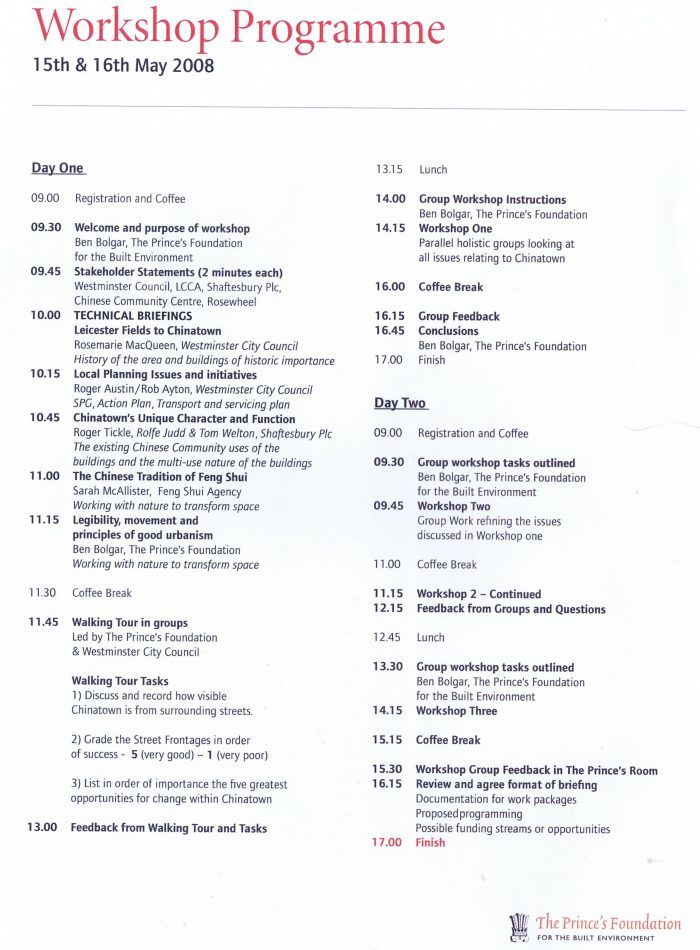
I know this was over a decade ago (!) but as part of a 2 day design workshop, in 2008 I gave a 15 minute talk to on Urban Planning Feng Shui of London, specifically Chinatown. In the audience were Chinese ministers, members of Chinatown cultural societies, urban planners, Westminster councillors and the Princes Foundation for Building Community members responsible for the redevelopment of Chinatown. I was fairly nervous, but I had asked my teacher at the time (Grand Master Chan – now retired) whether he would like to be involved and shared how I was nervous about presenting to a Chinese community. He was adamant that it didn’t matter that I was a Westerner or a woman. He said my being involved in it would ‘open my career’.
So, off I trot (rather naively as it turns out) to share my enthusiasm for the many benefits of feng shui, almost passed out with nerves in the loo just before my slot came on, gathered myself together and got on with it. As has been the case many times in my life, sheer passion for my work has driven me on!
During the 2 day design workshop I contributed my significant classical expertise and as far as I am aware never once behaved in any way that would dishonour Chinese culture. If anything, I was waxing lyrical about its beautiful metaphors and deep wisdom.
After the talk, a lovely and very well meaning woman approached me and said “Why is a beautiful young woman like you doing feng shui?” and she thought that when talking about our teaching lineage that my Grandfather (not Grand Master) was a feng shui master! Baffled, I gently corrected her. This woman then happened to refer me 7 years later (!) to a sizeable Feng Shui commission for a Chinese owned telecoms company – literally the only piece of work I ever got as a result of that engagement. For sure, it has been prestigious to mention in my CV, but commercially brought me very little.
Sadly, this did not open my career. I discovered a few months afterwards that some people in the Chinese community had complained to the organisers of the workshop that I was a Westerner, and that they should have invited a Chinese feng shui master. I don’t imagine that they had anything personally against me, but rather would have preferred the involvement of someone from their community.
But here’s the thing – I can partially understand that for cultural reasons the Chinese might have wanted to be more involved – after all it was Chinatown we were dealing with, not Buckingham Palace.
Conversely, my being extremely well qualified in a traditionally Chinese discipline is actually a HUGE COMPLIMENT to the Chinese community. It shows how powerfully Feng Shui has spread its wisdom across the world. Perhaps if they had known a little more about my background, they would not have complained and felt a little more generous towards me.
Did they know for example that my father was a Judo teacher who also encouraged me to learn Kung Fu and Karate and T’ai Chi from the age of 5!
Did they know that GrandMaster Chue Yin, had foreseen that the FUTURE of CLASSICAL FENG SHUI is in the West, which is why he sent his prodigy to the West – even though he wanted to stay in Hong Kong! The Grandmaster was one of the last of those rare talents that could make accurate divinations by looking up at the stars and comparing with his Lopan Compass. He wanted the WORLD to understand the logic of REAL Feng Shui so that it can benefit. He didn’t see any need to withhold knowledge, but rather sought to propagate it.
Did these people judging me understand that I have had to learn an entirely new language? Did they understand that it takes 10 years to attain even a basic level of Feng Shui mastery? I started training in Feng Shui in 1998. And before that spent three years learning TCM (Traditional Chinese Medicine), Acupuncture Meridian Lines and Pressure points, anatomy and physiology for my Practitioner Diploma in Shiatsu.
Did they know that I have spent about £75k on my feng shui training over the years. Did they know I had hiked around Southern China in 2001 to trace the mountain dragons? Did they know I trained in Kung Fu in Hong Kong? Did they know that I accompanied my master on a 2 week trip to Hunan Province where we visited Chairman Mao’s family home to study the yin feng shui of the family graves there?
Did these people understand that actually, being Chinese-speaking does not mean you can understand Feng Shui. Feng Shui has its own lexicon and expert terminology. Of course Chinese people have a head start in that they can read the characters with ease, but they still need to understand the meaning, and then learn how to apply correctly.
There is actually a very rich tradition of geomancy in the West, which is very similar to Feng Shui, as it works with the energies of the land that are either sensed or detected by dowsing.
Given that I only had 15 minutes to talk about Urban Planning Feng Shui, of course there was no time to go in to all of the above. Would it have made any difference?
Chinese doctors practicing Western Medicine
There are Chinese doctors of Western Medicine, right? There are Indian, African, Russian doctors of Western Medicine. Does anyone complain that they are non-westerners practicing ‘Western’ medicine? No, of course not! The very idea is absurd.
You don’t have to be Chinese to be excellent at Feng Shui!
So, if Westerners are just as competent, why do companies in the West keep insisting on bringing over Chinese or Asian feng shui consultants? Is it because it looks good perhaps? As if we Western consultants don’t have it hard enough over the West already! We can’t command the huge fees that the Hong Kong and Singapore and Malaysian consultants bring in (into the millions of dollars), because there just isn’t the level of high cultural buy-in in the UK and Europe and USA that our Asian colleagues enjoy in the Far East. Add to this the fact that many Western cultures are still very cynical about energy, and often dismiss energy alignment practices and geomancy as quackery. If they are in the slightest bit open minded they still usually don’t want to pay much in the way of fees because they see it as a ‘nice to have’ rather than an essential.
My best clients are the highly intelligent, high vibrational and highly sensitive souls who understand and ‘get’ how important energy is, and also have the budget to hire me to do my best work and not have to skimp over important aspects to save on costs.
In fact, some of my best clients have been Chinese men and women in London and UK who understand that a Westerner can be really good at Feng Shui – one guy even said I was better than all the Chinese fengshui guys he had hired before (from London Chinatown incidentally) who had charged 5 times my fee!
The disadvantages of hiring a Chinese, Taiwanese, Singaporean or Malaysian Feng Shui Master in the West
Quite often their English isn’t that good, which shouldn’t really be discriminated against, but on a complex project this can become very tiring and lead to mistakes and misunderstandings. Many have rather superstitious rituals that they want the clients to adopt. I know several architects who found the Chinese feng shui master that came with his client really difficult to work with and preferred to work with me instead. They charge quite a premium, much higher than a local London feng shui consultant.
The advantages of hiring a Western Feng Shui consultant on Asian projects
Quite often the architectural team is from the West, the UK in particular, as we are still leaders in architectural creativity and expertise, so I can work closely with the largely English speaking team to apply the Feng Shui to the designs. I know an architect in Los Angeles who had a truly awful time working with a Chinese Feng Shui consultant whose English wasn’t that great – that is entirely forgivable – but they were morose and stubborn – less forgivable.
And don't get me started on cultural appropriation! Surely, it is a good thing that Westerners practice wisdom disciplines from the East or from Native American traditions? It clearly demonstrates that sacred knowledge is universal, something that unites us all rather than divides us and, if anything, is promoting such traditions rather than 'appropriating' them.

By Sarah Mcallister
•
March 28, 2024
In life's hustle and bustle, let the Qingming Festival inspire us to pause, appreciate the beauty of nature, and embark on a fresh start in the time of ‘Pure Brightness’. Reflections on the energetic quality of Easter and the rebirth of life, and some simple Feng Shui tips for this special time of year.

By Sarah Mcallister
•
September 23, 2022
Thoughts on how the energy of Autumn affects the Feng Shui of the home and some tips for actions to take to align to natural forces. Summary of why the Feng Shui energies change each year and why it is important to have a Feng Shui and Chinese astrology tune-up this time of year, so you can prepare for the following year.
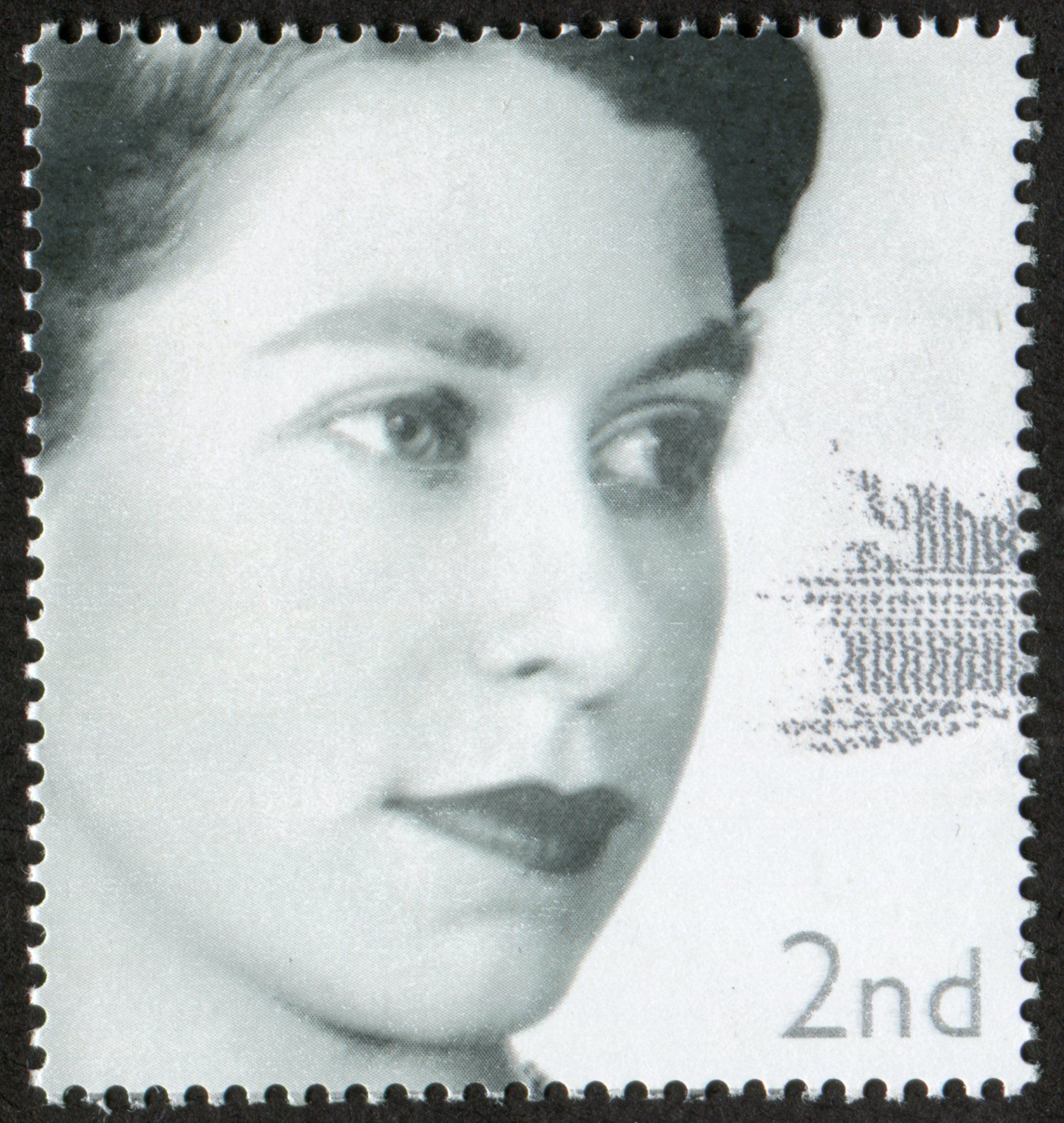
By Sarah Mcallister
•
September 8, 2022
An article on Chinese Astrology and Feng Shui showing why Queen Elizabeth II had such a long reign - it was reflected in her Chinese Horoscope and the feng shui of London's Buckingham Palace. Her last breath was in a Year of the Tiger which means The End in her chart. May she rest in peace.
Or email info@fengshuiagency.com
UK enquiries: 0844 848 4099Overseas enquiries: +44 779 618 5136
71-75 Shelton StreetCovent GardenLondonWC2H 9JQ
Website designed and built by Infoserve

